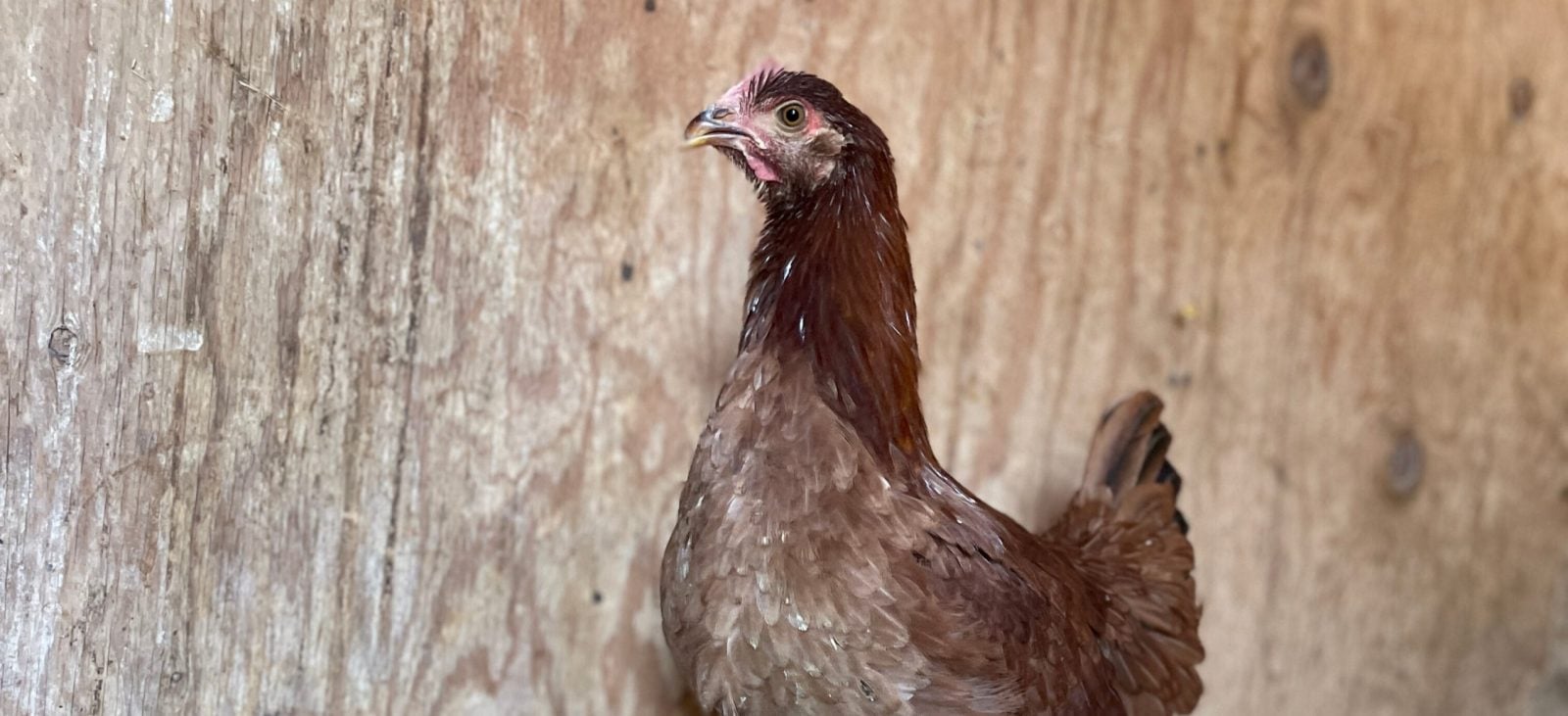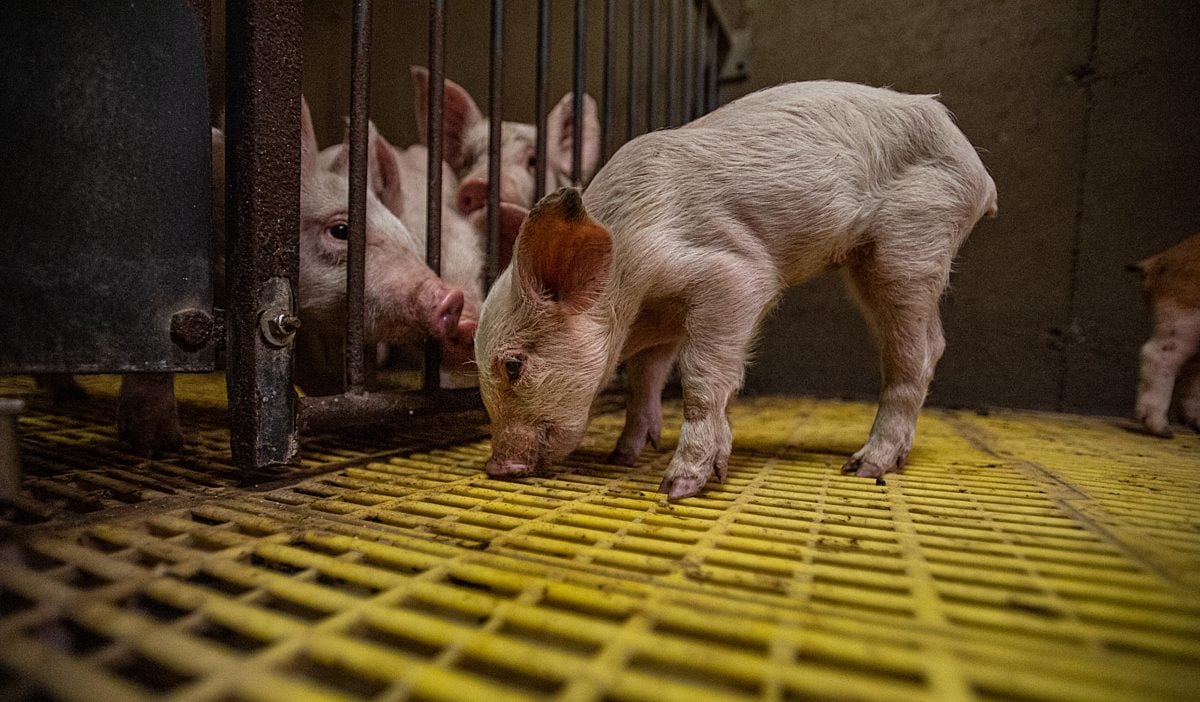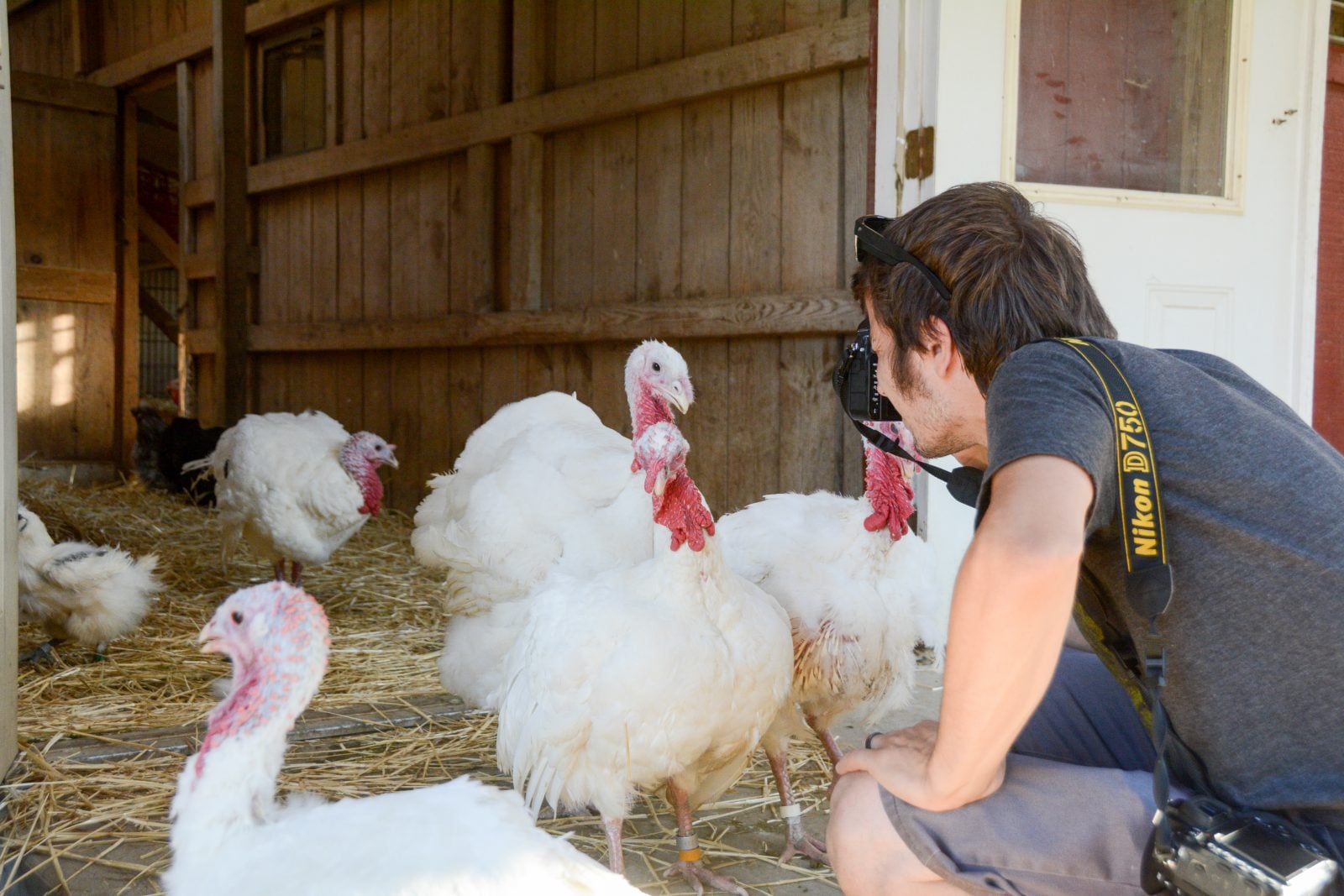WATKINS GLEN, N.Y. – According to the Chinese lunar calendar, February 19, 2015, launches the Year of the Sheep, celebrating the animal considered to be most emblematic of kindness. What better time to share our love of these remarkable animals? Though many people eat lamb and wear wool, far fewer have actually interacted with the animals exploited for these products and know what they are really like. So this year we’re inviting everyone to celebrate sheep with us, in the hope that a deeper understanding of these complex creatures will change the way they are viewed and treated.
Sheep are notoriously friendly
At Farm Sanctuary’s shelters in New York and California, our sheep wag their tails like dogs, they know their names, and they form strong bonds with other sheep, goats, and with people (unless they come to us traumatized, as some do).
Sheep experience emotion similarly to humans
A study published in Animal Welfare showed that sheep experience emotion in ways similar to humans. The authors concluded that “sheep are able to experience emotions such as fear, anger, rage, despair, boredom, disgust, and happiness, because they use the same checks involved in such emotions as humans. For instance, despair is triggered by situations that are evaluated as sudden, unfamiliar, unpredictable, discrepant from expectations, and uncontrollable, whereas boredom results from an overly predictable environment, and all these checks have been found to affect emotional responses in sheep.”
Sheep have panoramic vision
Thanks to their cool rectangular pupils, sheep can see almost 360 degrees, including directly behind themselves!
Sheep know how you feel
Another study from Cambridge University found that sheep — like humans and some primates — can pick up emotional cues in both humans and other sheep. Not surprisingly, they strongly preferred smiling and relaxed expressions over angry ones.
Sheep never forget a face
Researchers in the United Kingdom, writing for Nature, found that sheep have the same “specialized neural mechanisms for visual recognition” that humans do, which allows them to remember the faces of at least 50 individual humans and other sheep for more than two years, “and that the specialized neural circuits involved maintain selective encoding of individual sheep and human faces even after long periods of separation.”
Sheep are the CEOs of the barnyard
Sheep can learn how to solve puzzles, remember what they’ve learned, and adapt to changed circumstances — all much more quickly than monkeys. The researchers note what they call the “impressive cognitive abilities of sheep” and find that “sheep can perform ‘executive’ cognitive tasks that are an important part of the primate behavioral repertoire, but that have never been shown previously to exist in any other large animal” other than humans and some other primates.
To read stories about rescued sheep like Carlee and learn more about Farm Sanctuary, visit farmsanctuary.org.





